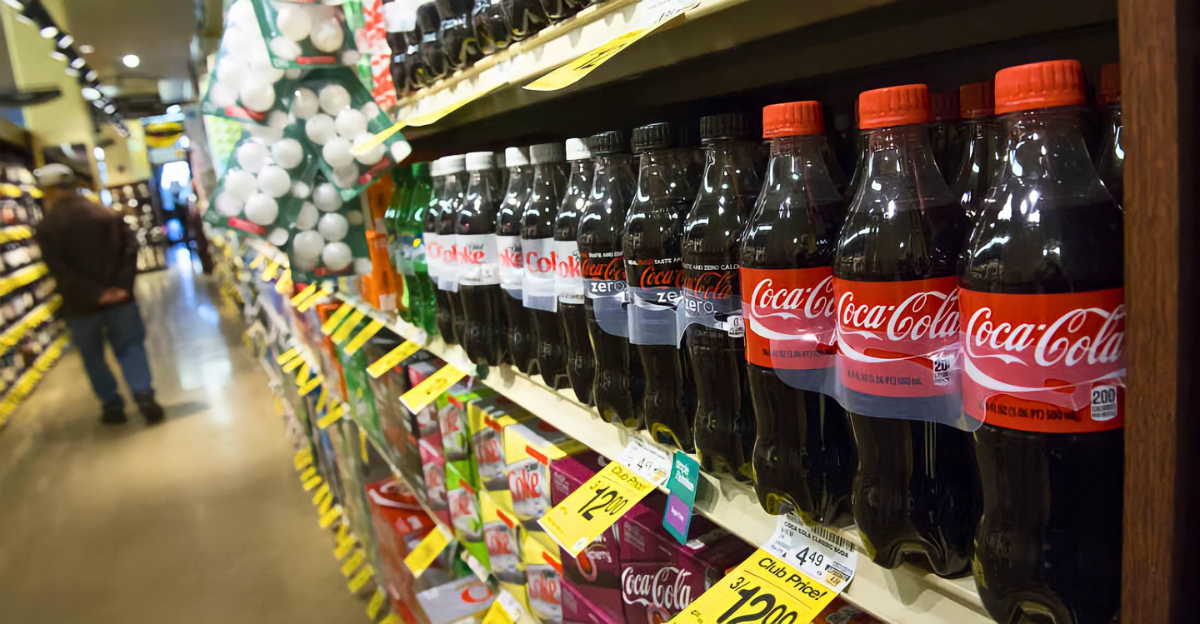
For the first time ever, the U.S. Department of Agriculture (USDA) has allowed one state to ban the purchase of soda and energy drinks using food stamps. This change aims to encourage healthier food choices among low-income families.
This change comes after years of debate about whether taxpayer money should be used to buy sugary drinks. While supporters believe that the ban could reduce America’s issue with obesity and other health problems, critics are concerned that it could increase stigma and administrative burdens for SNAP recipients.
The SNAP Program and Its Scope
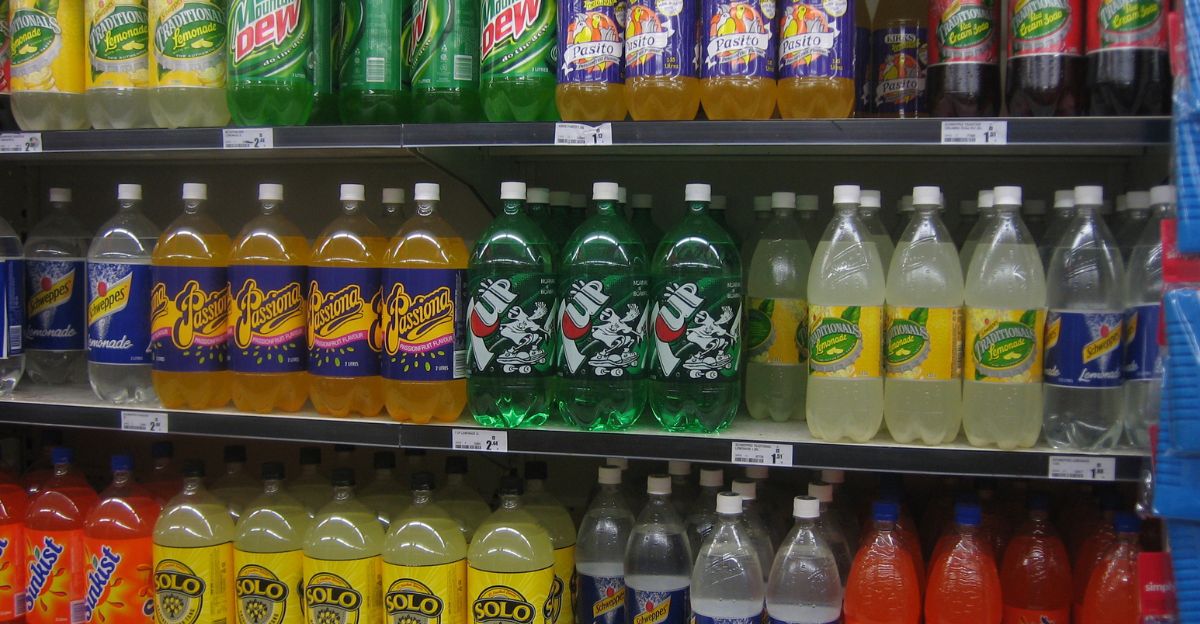
The Supplemental Nutrition Assistance Program (SNAP), also known as food stamps, helps millions of lower-income families stock up on groceries. These benefits can usually be used for most foods and beverages, except for alcohol, tobacco, hot prepared foods, and non-food items.
However, for the first time ever, sodas and energy drinks will be added to the list of restricted items in one state. This waiver aims to ensure that SNAP funds go toward nutritious foods, aligning the program more closely with public health objectives.
The Push for Healthier Choices
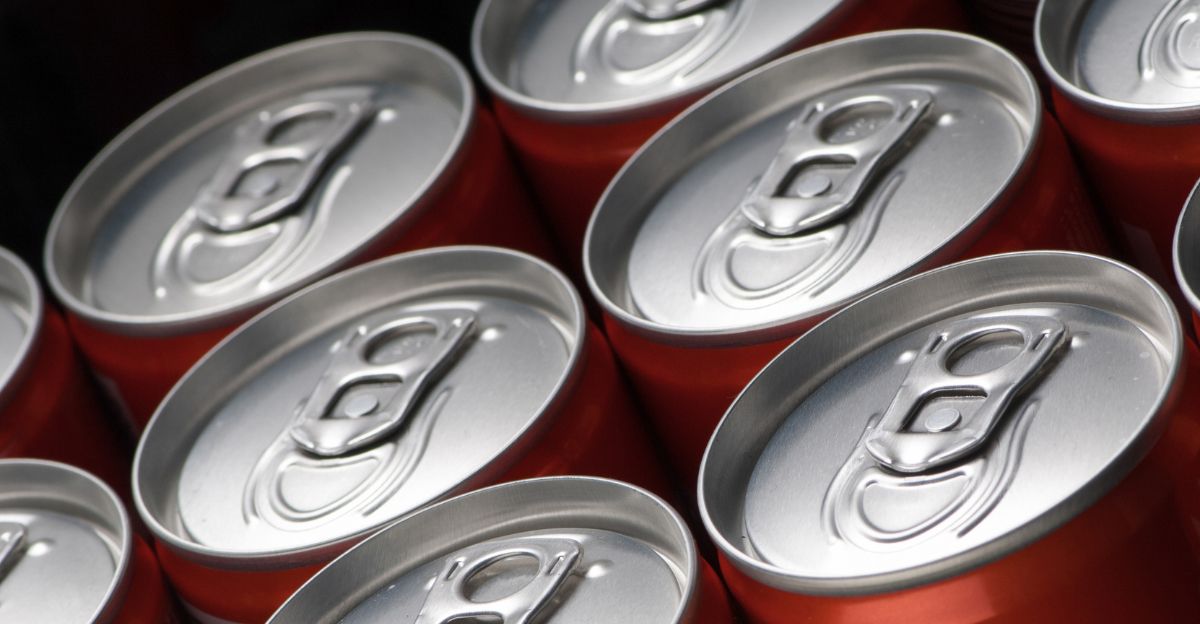
Evidence has shown that sugary drinks are linked to obesity, diabetes, and many other health issues. Supporters of the new ban believe that adding these items to the restricted items list will encourage better eating habits for vulnerable populations.
The USDA’s decision to ban these items is part of a larger effort to “Make America Healthy Again,” with federal officials urging states to innovate and tackle ongoing public health problems.
National Implications and Other States
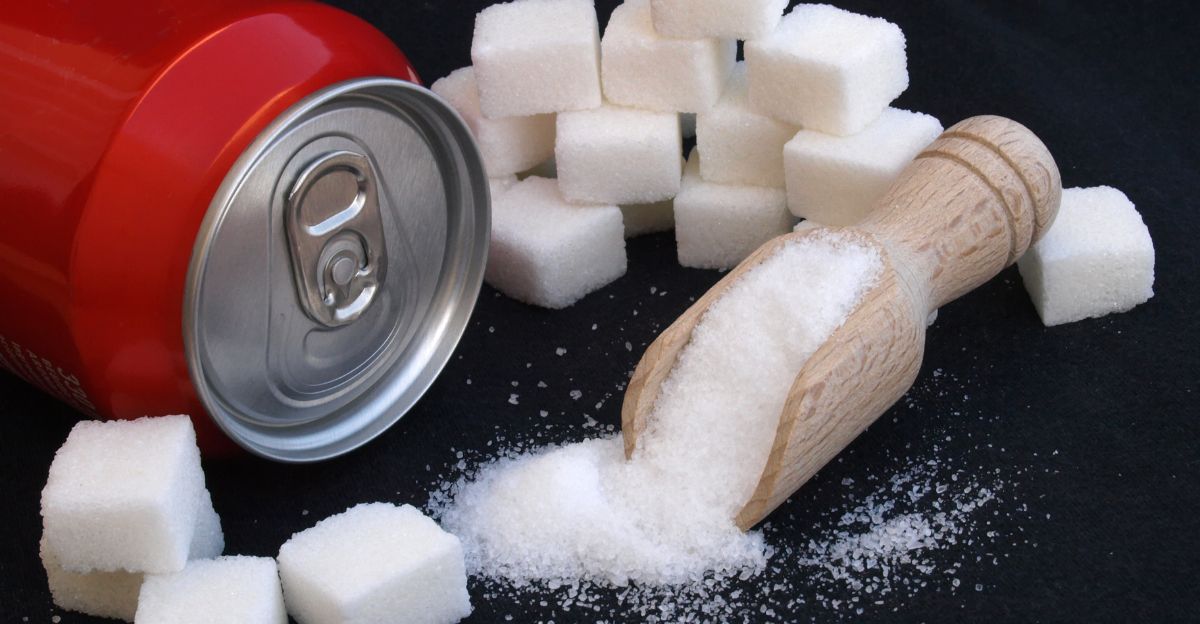
The USDA’s waiver is expected to influence the rest of the country, with several states, including Arkansas, Colorado, Kansas, Indiana, Iowa, and West Virginia, already asking for similar waivers to limit the purchases of soda, candy, and other “junk foods” with SNAP.
This situation has sparked conversations nationwide about how much control the government should have over what people buy with their food stamps. Industry groups and anti-hunger advocates are divided on the matter.
The First State Revealed
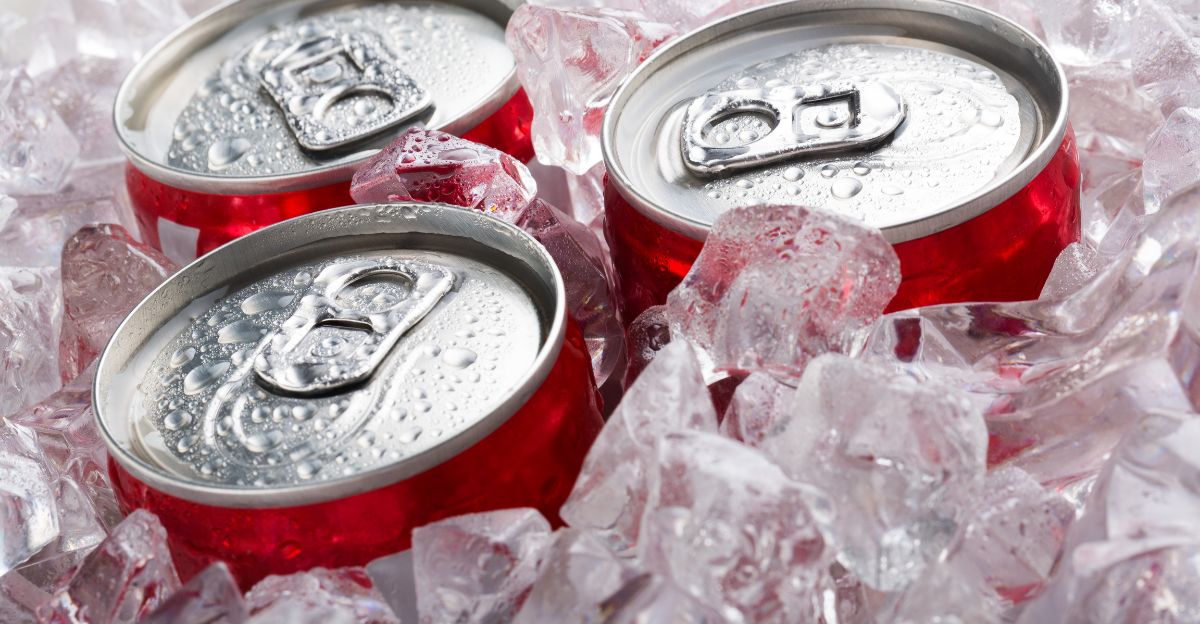
Nebraska is the first state to receive this USDA waiver. It was reportedly approved on May 19, 2025, and starting January 1, 2026, around 152,000 Nebraskan SNAP users will no longer be able to use these benefits to buy soda or energy drinks.
“There’s absolutely zero reason for taxpayers to be subsidizing purchases of soda and energy drinks,” said Nebraska Gov. Jim Pillen. “SNAP is about helping families in need get healthy food into their diets, but there’s nothing nutritious about the junk we’re removing with today’s waiver.”
Nebraska’s Rationale and Implementation
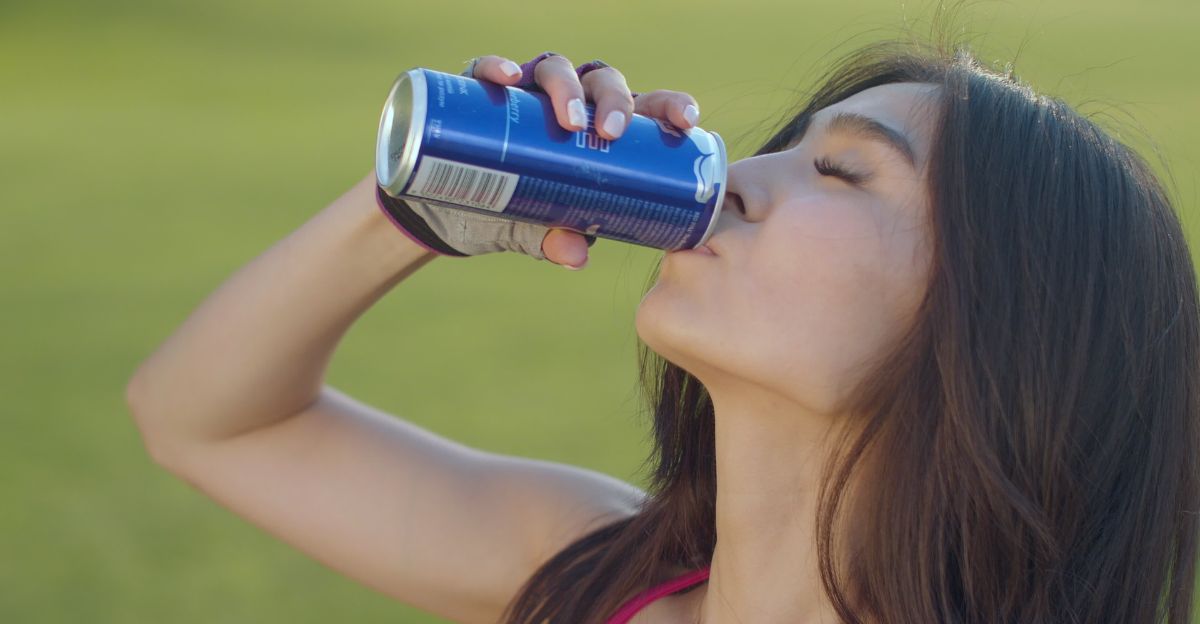
In the request to ban these drinks, Nebraska officials cited concerns about health statistics, like that one in three teens has prediabetes, and 15% of high school students consume soda on a daily basis. Once the ban is in action, the state will monitor the impact by surveying SNAP recipients and analyzing store data.
The state will also provide stores with technical support to ease the transition. State leaders have made it clear that the change is not about punishing people, but that it aims to help families access healthier foods and avoid taxpayer spending on non-nutritious items.
Political and Public Reactions
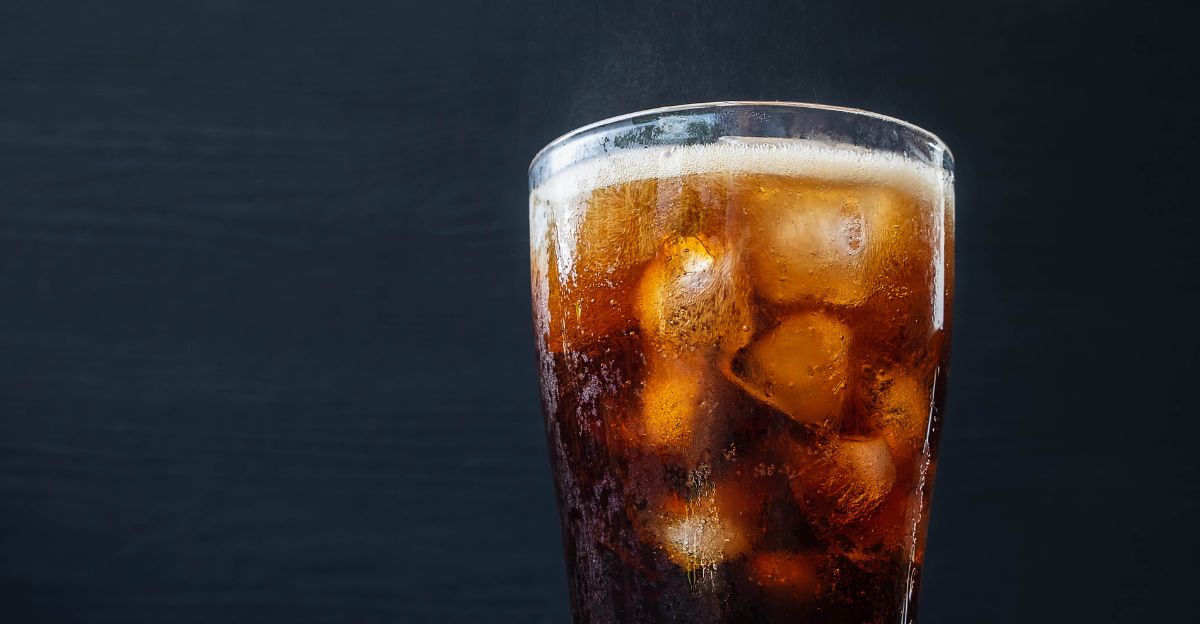
This change has sparked strong reactions across the U.S. Supporters, which include federal and state officials, have praised the waiver as a historic step in public health. They see it as a big step toward preventing chronic disease, and hope that other states will follow suit.
However, critics, including anti-hunger advocates, have stated their concerns that the ban could increase stigma, administrative complexity, and barriers for people who are already facing food insecurity.
Industry and Advocacy Group Responses
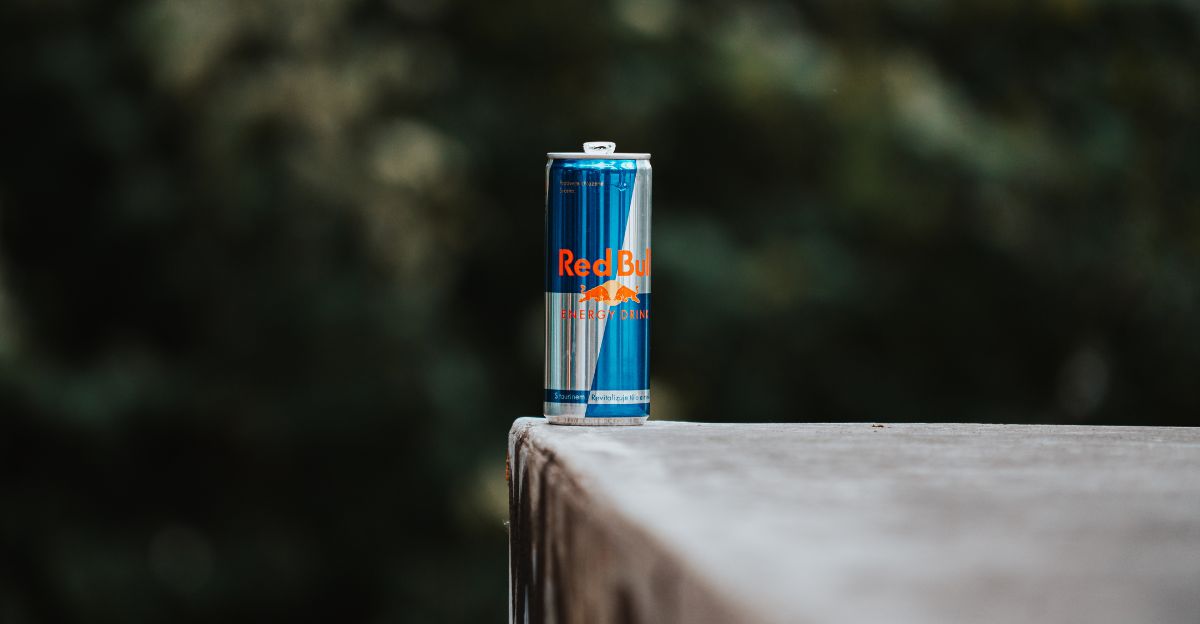
The beverage industry and some advocacy groups are not fans of this change and have voiced their opinions, warning that it could lead to “disruptions” and unintended consequences. They believe that restrictions could have negative effects on retailers and limit food choices for low-income families.
However, public health experts and some lawmakers are in full support of the ban because of the long-term health benefits of reducing sugar consumption. As mentioned before, the USDA will monitor the effects closely before considering further waivers.
The Future of SNAP Reforms
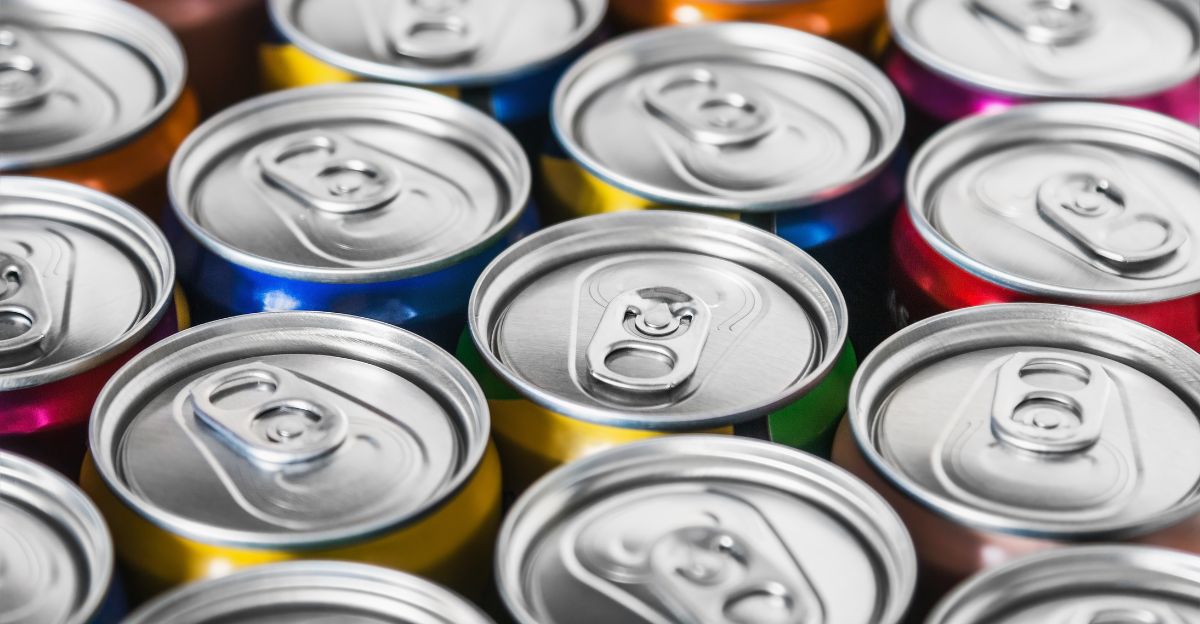
Nebraska’s waiver caught many Americans off guard, but it is likely just the beginning. Multiple states are now requesting similar restrictions, and others are contemplating new SNAP guidelines.
The discussion around which foods should be allowed under SNAP is intensifying. The USDA’s approval of banning soda and energy drinks could mean a new era of experimentation in nutrition policy.
What Comes Next?
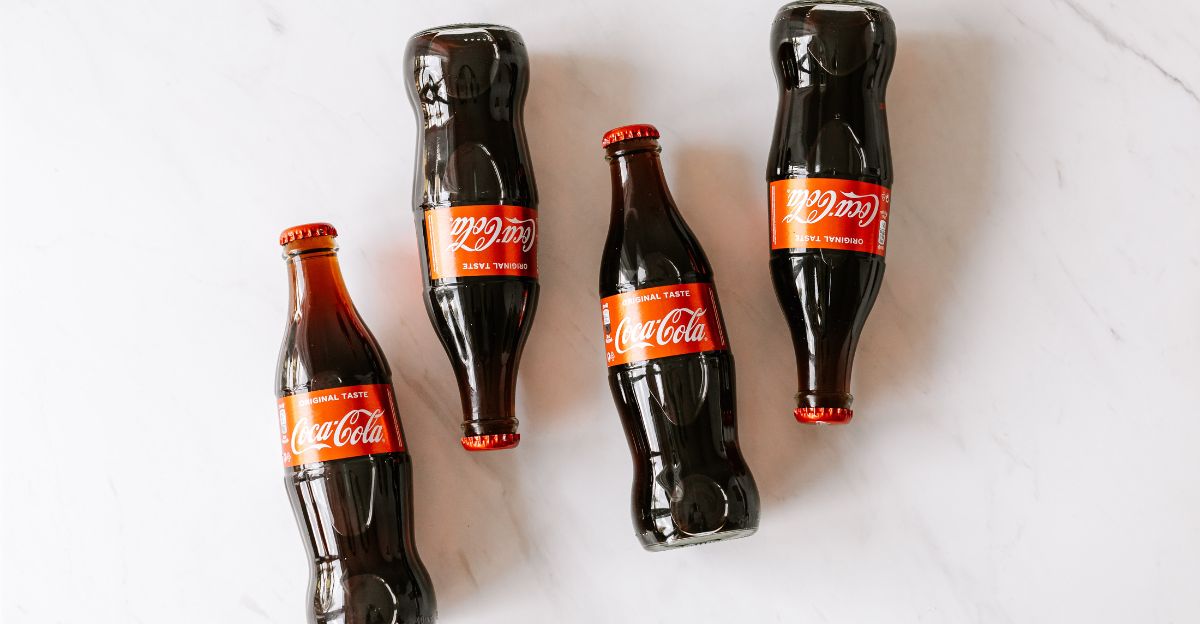
As the state prepares to ban soda and energy drinks starting next year, all eyes are on the outcomes. People are wondering if the ban will improve health and reduce sugar consumption among low-income households, or if it will create new barriers and unintended hardships.
Right now, no one really knows, but the answers will shape future federal decisions and will influence whether other states follow in Nebraska’s footsteps.
Discover more DIY hacks and style inspo- Follow us to keep the glow-up coming to your feed!
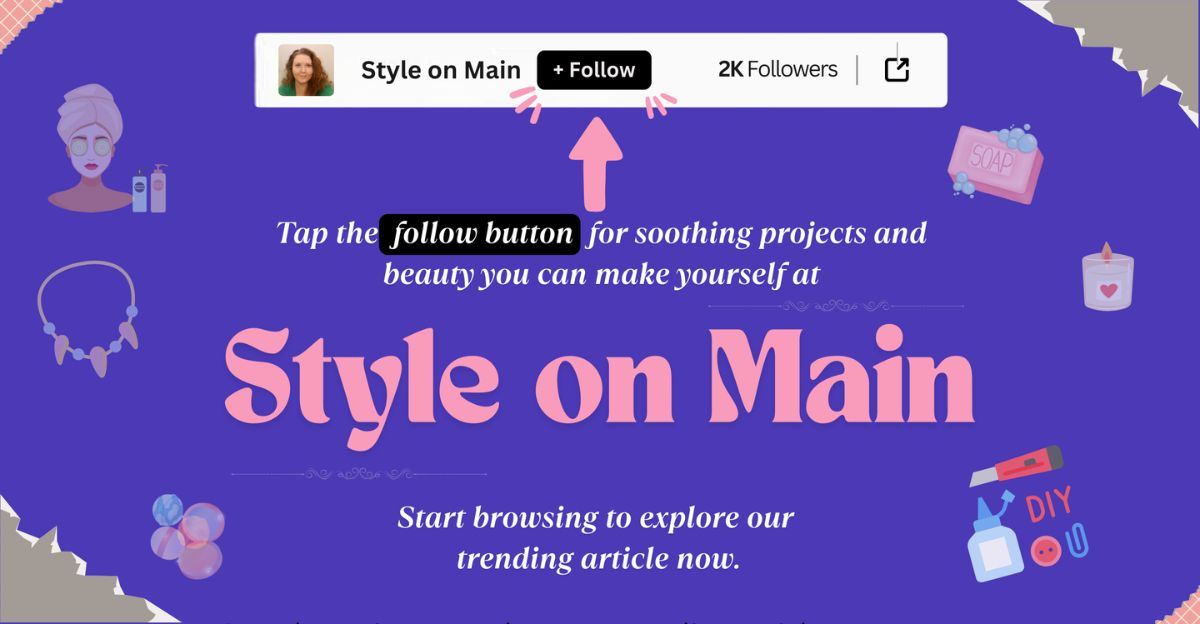
Love content like this? Tap Follow at the top of the page to stay in the loop with the latest beauty trends, DIY tips, and style inspo. Don’t forget to share your thoughts in the comments — we love hearing from you!